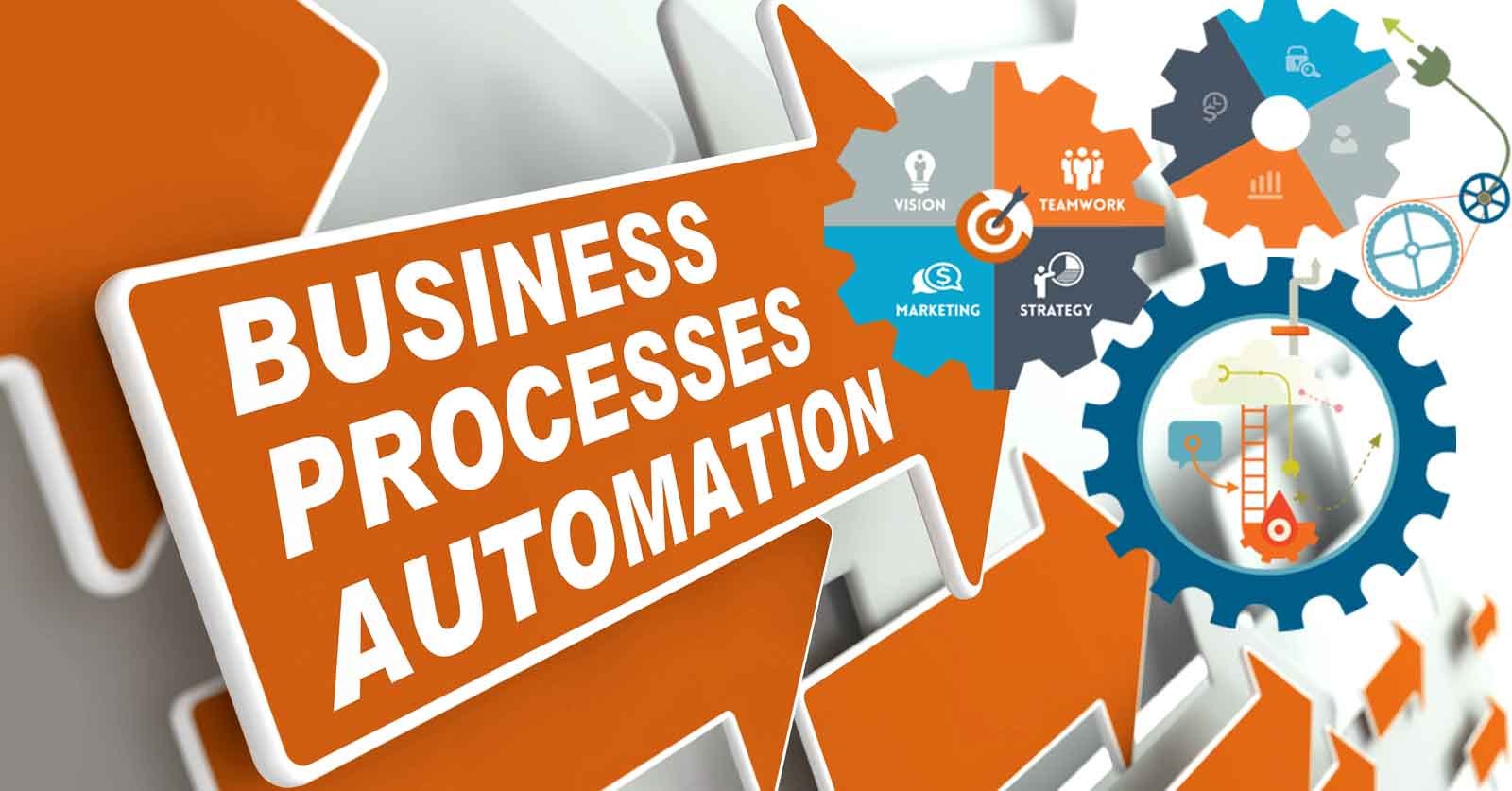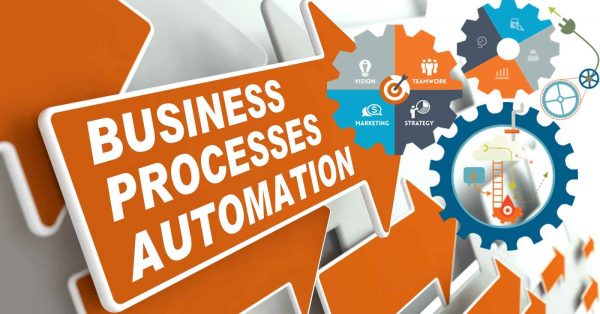Let’s say you’re running a side hustle apart from your 9-5 job. Your day is usually crammed full with office tasks, and you seldom have time for much else. You’re trying to maintain your small business’s social media pages, but it’s a hard ask.
Or maybe you’re a full-time entrepreneur. You always have tons of emails to respond to, and several times more to send. Then there are payments to be made, accounting to be done, projects to work on with your team, perhaps even a customer survey to be carried out. And that’s just the tip of the iceberg.
You can cut through all these tasks by automating your business processes. There are technologies available which can help you get a lot more done at a much quicker pace, with little effort. For instance, with email automation tools, you can shoot personalized emails to multiple leads at the same time. And there are apps that help with creating, scheduling and publishing social media posts too. That’s a heavy burden lifted off busy shoulders.
Benefits of automating business processes
You can achieve a whole lot by automating your business processes. Some of these benefits include:
- Cut costs: You don’t have to hire persons to do some of these tasks (unless your business will function better overall if you do). Other types of expenses, e.g. for commuting, can be cut as well.
- Save time: Remember the worker with a side hustle? They could use a scheduling app that helps them post content across their social media platforms, all at once, while they get on with the demands of their 9-5.
- Curb human errors: When business processes are automated, they tend to have fewer errors than tasks that are executed manually.
- Makes communication more efficient: Instead of struggling with a lengthy list of persons to contact (and mistakenly omitting vital names along the way), you can stay in touch with every business lead by using automated email responses.
- Monitor business process and performance: It’s easier to see how your business is doing when user analytics is being provided in real time, or your accounting software helps you generate financial reports quite swiftly.
Ways to automate your business
Here are some aspects of your business processes you can automate:
-
File sharing and processing
You’ve almost certainly brought some of your paperwork online already. If you have, you should consider taking the next step: making it easier for several people to share and work on the same files simultaneously.
One product that lets you do this is Google Drive. With this web-based tool, you can create documents, spreadsheets and slides, then share and edit them with other people.
-
Accounting
These days, accounting is seldom about drawing lines and doing sums on plain paper; it isn’t about number crunching on excel spreadsheets either. Businesses are turning to accounting software because it makes financial bookkeeping much easier.
Cloud-based accounting solutions can be used to create account statements, automate tax deductions, track purchases, and keep tabs on bank account transfers.
-
HR and payroll
You can also automate your employee management and payroll with HR and payroll software. These tools let you store employee records, monitor punctuality, pay salaries, deduct personal income taxes, and handle other employee issues from wherever you are. This means far less work for your Human Resource officers- and, in any case, fewer HR persons needed in the first place.
-
Social media posts
We’ve already mentioned that there are social media scheduling tools you can use to streamline posting across your social platforms. Hootsuite is probably the most popular application for getting this done.
But there’s more. You can also create images for your social media posts with Canva, a nice visual content design tool you can use for free. And there’s Bitly, which helps you shorten URLs before pasting them on social media platforms. In short, there are numerous apps for enhancing social media engagement; it’s up to you to choose which one suits you best.
-
Invoicing
You can generate invoices digitally, using invoicing software. Note that you can do this with accounting software such as Quickbooks, Wave and Bill.
-
Email
Email automation tools like ConstantContact and MailChimp can help you create customized email templates, put your logo and preferred colours on them, and personalize and send emails to thousands of people in one go.
These sorts of tools are a staple for email marketing campaigns. You should have one if you’re looking to reach a large number of customers and leads via email.
-
Surveys
Thanks to digital survey tools, business surveys are not as difficult to conduct as they used to be. These solutions provide you with multiple and customizable survey templates to choose from; they also integrate with online platforms and deliver real-time analysis of survey responses. They’ll make your market and customer satisfaction research a whole lot easier.


